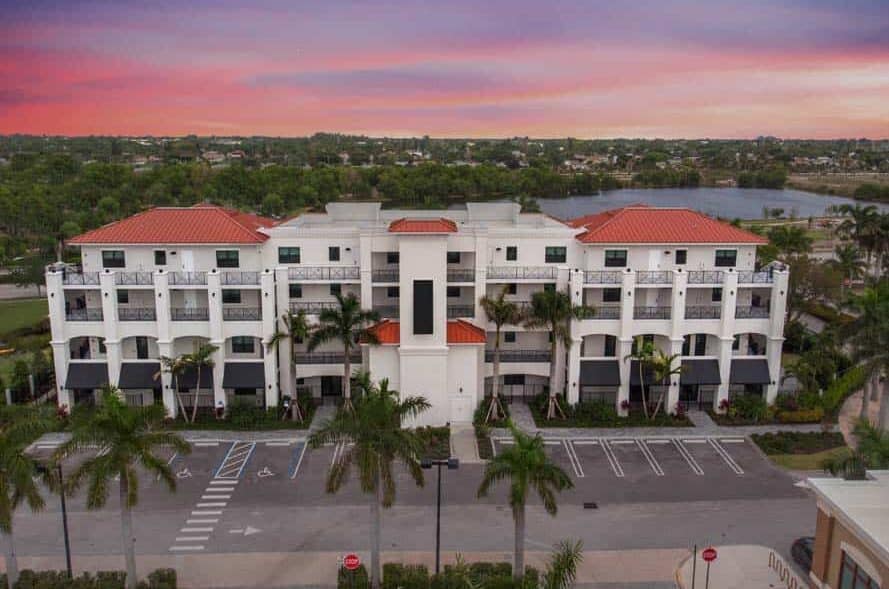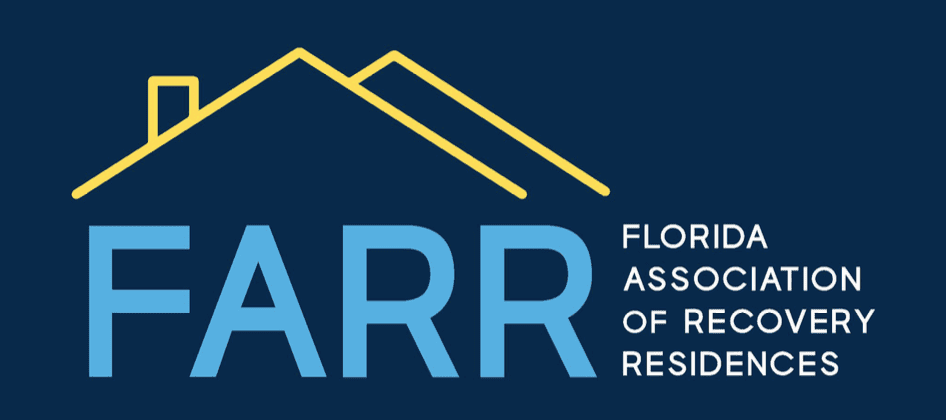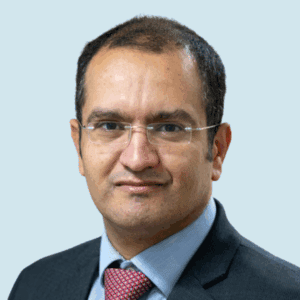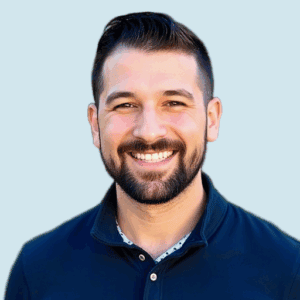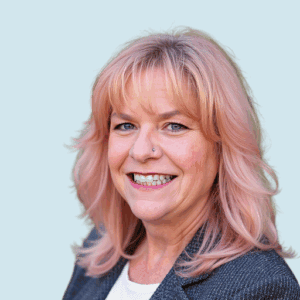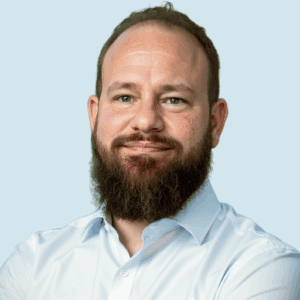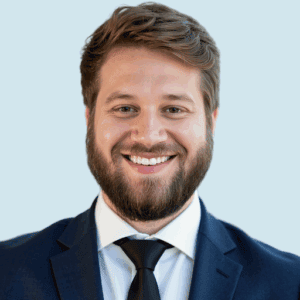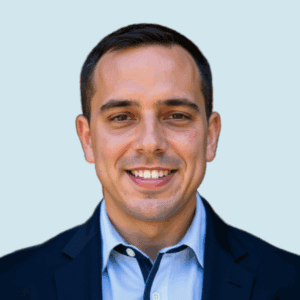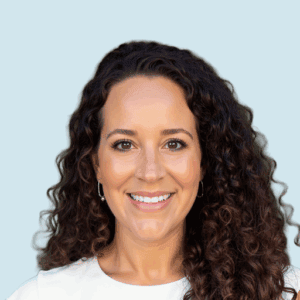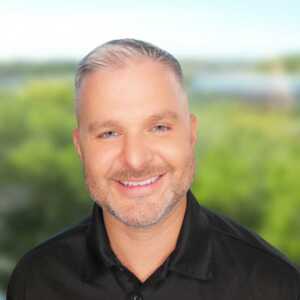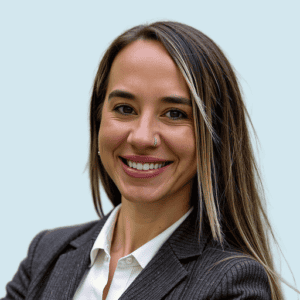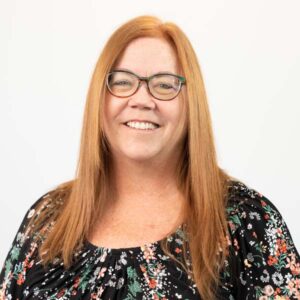Immersion Residential
900 N Congress Ave Suite 401 Boynton Beach, FL 33445
OPEN 24/7 | PRIVATE ROOMS | SAME DAY ADMITS
Offering a truly unique experience, Immersion Residential combines the latest advances in evidence-based clinical and medical care with a fully immersive treatment model. We deliver a comprehensive continuum of care, focusing on medical detox and residential inpatient services. Our dedicated team meets you where you are and walks with you every step of the way, ensuring that you receive the support and guidance necessary for a successful recovery journey.
You’re Not Alone—We’re Here to Help, 24/7
Our compassionate treatment advisors—many of whom have experienced recovery themselves—understand what you’re facing. Call us anytime, day or night, for a free, confidential conversation if you or a loved one:
- Feel lost or unsure where to turn
- Are struggling with addiction or withdrawal
- Want to explore treatment options in a safe, private setting
Hope begins with a single call. Reach out now—your path to recovery starts here.
comprehensive 12-Step Immersion
Offering a truly unique experience, Immersion Residential combines the latest advances in evidence-based clinical and medical care with a fully immersive 12-Step model. Delivering the full continuum of care—we meet you where you are and walk with you every step of the way.
Professional Team
Our team of compassionate medical and clinical professionals has decades of combined experience providing effective addiction treatment.
Diverse Treatment Services
We provide a wide range of therapeutic services and treatments, tailored to meet the unique recovery needs of each client.
Highest Clinical Standards
Immersion Residential is fully licensed and holds The Joint Commission's Gold Seal of Approval, the highest level of accreditation for healthcare providers.
Comfortable Amenities
Enjoy the comforts of home and the support of our recovery community. Featuring modern amenities and comfortable suites, our idyllic locale provides a tranquil haven for healing.
Our Clinical Program
How We Treat Addiction
At Immersion Residential, our addiction treatment method is comprehensive and multifaceted, combining the transformative power of the 12 Steps, a spectrum of evidence-based clinical therapies, and holistic approaches. We understand that addiction impacts every aspect of an individual’s life—physically, emotionally, mentally, socially, and spiritually. Our approach meticulously addresses these facets to achieve lasting recovery, ensuring a well-rounded and profoundly effective treatment experience.
The Immersion Experience
A spiritual experience is the ultimate goal of treatment and the recovery process.
We define a spiritual experience as a change in personality sufficient to recover from addiction. The spiritual experience occurs through the treatment work required by the Immersion clinical program. This process begins with educating our clients on the disease model of addiction and related behaviors. A client must have clarity on the addicted condition and how it influences their thoughts and actions.
The next phase of the Immersion program is building resolve and motivation for the action required by the recovery process. This is followed by an intensive 2 to 4 week examination of what is blocking the spiritual experience. Most clients have had multiple treatment episodes and some historical periods of abstinence before entering our program. This process identifies the reasons a person fails to enter into recovery as well as contributing factors to relapse and disengagement from a recovery program.
The addicted individual suffers from thought patterns, attitudes, and behaviors that prevent sobriety. Most of these thoughts center on anger, self-centered fear, and the emotional consequences of their conduct. Once these patterns are identified, clients can embark on a journey to remove all that is “broken” within them. This journey involves re-entering society as sober individuals and establishing purpose and usefulness. We can provide our clients with the complete skill set necessary to arrive at long-term recovery from active addiction through the last phase of the Immersion program.
Unlike many programs, Immersion Residential integrates traditional clinical and medical care with a thorough integration of the 12-Step recovery process. This combination offers a comprehensive path to recovery, addressing not just the physical aspects of addiction but also the emotional, mental, and spiritual components. Our personalized approach, with phases tailored to individual needs, ensures a more thorough recovery journey.
The Immersion Experience at Immersion Residential is structured into three phases to address addiction recovery:
- Phase 1—Stabilization Phase — This phase includes detox and assessment, focusing on physical and emotional stabilization.
- Phase 2—Motivation Phase — In this phase, clients work on identifying destructive behavioral patterns and engaging in various therapies to address these issues.
- Phase 3—Reintegration Phase — The final phase prepares clients for independent living and long-term recovery, emphasizing skills for a sober lifestyle.
Each phase is designed to build upon the previous one, providing a comprehensive and structured path to recovery.
12-Step Mentoring
Our unique and immersive 12-Step Mentoring program is a cornerstone of our addiction treatment approach. Rooted in the principles of the 12-Step program of Alcoholics Anonymous, our method combines clinical therapies, holistic treatments, and a comprehensive exploration of the 12 Steps. We believe in a supportive environment where our experienced team, including therapists and 12-Step contacts, guide clients through actionable steps toward recovery and a significant shift in perspective. This holistic approach ensures our clients engage in a transformative journey that addresses every aspect of recovery.
Levels of Care—Phase 1
Phase 1 of the treatment process at Immersion Recovery Center is focused on stabilization, assessment, education, and motivation. The duration typically ranges from 3 to 28 days, based on individual needs. This phase starts with detoxification to remove physical dependency on substances, followed by residential treatment, where clients are assessed and an individualized recovery plan is implemented. Clients learn about addiction and its impact on their thoughts and actions, beginning their journey in the 12-Step program. Phase 1 is essential for laying the foundation for further treatment phases.
Phase 1 of the Immersion Residential’s program is a comprehensive approach to addiction treatment, focusing on critical areas:
- Medical Stabilization — This involves safe detoxification to manage withdrawal symptoms and cleanse the body of substances.
- Initial Assessment — During the initial stage of the treatment process, clients undergo a multi-pronged assessment. This provides the clinical team with insight into each individual’s unique clinical needs, helping them develop a personalized treatment plan.
- Client Education — We educate our clients on the disease model of addiction and the root cause of detrimental thought and behavioral patterns.
- Introduction to 12 Steps — We thoroughly familiarize clients with the 12 Steps philosophy to aid recovery.
Medical Detoxification
Immersion Residential’s medical detox program is the essential first step for long-term sobriety. It addresses withdrawal symptoms that arise when ceasing drug or alcohol use. The program includes a comprehensive evaluation, stabilization, and preparation for further treatment. The detox process is tailored to individual needs, considering factors like substance type, usage duration, and severity. Our center provides 24/7 clinical and medical care, medication management, and support for relapse prevention, alongside family counseling.
Residential Inpatient Treatment
Immersion’s residential program integrates 12-Step philosophies, evidence-based clinical techniques like cognitive behavioral therapy, and holistic approaches such as yoga and meditation. Aftercare planning and alumni programs ensure ongoing support. Our residential facility, located in the heart of Boynton Beach, provides a comfortable and healing environment.
Levels of Care—Phase 2
(Provided by Immersion Recovery-Outpatient)
Phase 2 of treatment at Immersion Residential is the Partial Hospitalization Program (PHP), which focuses on identifying barriers to long-term sobriety, building relapse prevention skills, managing stressors, and exercising sound judgment in personal freedom. In the evenings, clients return to a supervised sober living environment. This enables them to apply learned skills in real-life settings while providing them with an increased level of accountability. This phase is crucial for transitioning from intensive care to independent living, preparing clients for lasting recovery.
The key focus points of Phase 2 of the Immersion program are:
- The Identification of Destructive Patterns — Clients begin to recognize the destructive thought and behavioral patterns that contribute to substance use.
- Stress Management — We introduce techniques to handle external stressors effectively.
- 12-Month Plan Development — We assist clients in developing a long-term recovery strategy.
- Completion of Steps 1-7 — Clients work alongside a 12-Step Mentor to complete Steps 1-7 of Alcoholics Anonymous as they are outlined in the Big Book.
- Family Progress and Sound Judgement — This phase also includes encouraging healthy relationships and responsible decision-making regarding newfound freedoms.
Partial Hospitalization
Our PHP is an intensive, structured therapy program suitable for those transitioning from inpatient treatment or detox. The program includes group and individual therapy and skills-building sessions that focus on relapse prevention. During PHP, clients reside at our sober living residences, which are staffed and monitored 24/7. The structure of PHP housing is similar to residential, but clients do not live at the same facility where they receive clinical treatment. The program also emphasizes family interaction and the development of a personalized, long-term recovery plan.
Levels of Care—Phase 3
(Provided by Immersion Recovery-Outpatient)
Phase 3 at Immersion Residential deals with reintegration and involves the practical application of recovery skills in real-life situations. This phase typically lasts 1-3 months and is focused on securing active employment, education, or volunteer opportunities. It emphasizes independent living and recovery work, with clients demonstrating sound judgment in life facets, actively working the 12-Step program, and participating in treatment and recovery work independently. This phase is critical for establishing lifelong recovery from addiction.
Key aspects include:
- Applying recovery methods in everyday life.
- Seeking employment, education, or volunteer opportunities.
- Progressing toward independent living and recovery work.
- Exhibiting sound judgment, completing all 12 Steps, and participating in treatment without external intervention.
Each component of Immersion’s Phase 3 treatment program is vital in supporting clients toward lasting recovery, offering a comprehensive approach to rehabilitation and relapse prevention.
Intensive Outpatient Program (IOP)
The Intensive Outpatient Program (IOP) forms a cornerstone of Phase 3. This program is designed for those who need continued support and offers more flexibility than a residential treatment program. IOP typically includes group therapy sessions, individual counseling, and skill-building workshops, all aimed at reinforcing sobriety and managing daily stressors. Participants in the IOP can maintain their daily routines, such as work or school while receiving structured treatment. This balance is crucial for individuals transitioning to more independent living.
Sober Living
Sober living facilities are an integral part of Phase 3, offering a supportive and substance-free living environment. These residences provide a stable and structured setting where individuals can live with peers who are also in recovery. The goal of sober living is to bridge the gap between an intensive treatment setting and returning to everyday life. It emphasizes accountability, responsibility, and the development of healthy living habits, which are vital for long-term recovery. Sober living homes enforce rules, such as curfews and mandatory participation in house meetings, to ensure a safe and supportive environment.
Aftercare Planning
Aftercare planning is the final component of Phase 3 and is crucial for sustaining recovery after completing more structured programs. This phase involves creating a personalized plan that addresses the ongoing needs of the individual. It may include continued therapy sessions, support group meetings, and strategies for relapse prevention. Aftercare planning is designed to provide ongoing support and resources to help individuals navigate the challenges of sober living and to integrate the skills learned during treatment into their daily lives. It’s a proactive approach to maintaining sobriety and ensuring that individuals can easily access support networks and resources as they continue their recovery journey.
Historically, most individuals make dramatic improvements in a residential treatment setting yet find themselves back in crisis shortly after discharge. Discharge plans are frequently insufficient to provide meaningful accountability and care necessary for continued sobriety after a residential treatment episode.
Long-term recovery from substance use disorders requires a comprehensive life change and a daily design for living. We have a specific treatment modality with well-developed lower levels of care. Our extended care and outpatient programming incorporates a multifaceted approach to address all challenges in re-entering independent living after residential treatment. If a client cannot participate in our extended care, we create a discharge plan closely resembling all of the features of our lower levels of care.
Our Therapeutic Offerings
The therapy services offered at Immersion Residential include a blend of traditional and holistic methods tailored to each client’s unique needs. Additionally, our center offers unique, holistic approaches such as yoga therapy, nutrition therapy, life skills training, and a 12-step immersion program. These diverse therapies address the root of substance misuse as well as underlying issues and overall well-being.
- Individual Therapy: Focuses on personal issues, identifying relapse triggers, and developing coping skills.
- Group Therapy: Facilitates community building and communication skills through shared experiences.
- Family Therapy: Aims to mend family dynamics and involve family members in the recovery process.
- Lifeskills Training: Teaches essential skills for daily living and self-sufficiency.
- Yoga Therapy: Enhances physical, mental, and emotional health through mindfulness and exercise.
- Nutrition Therapy: Focuses on healthy eating habits to support physical recovery and prevent relapse triggers.
- Relapse Prevention: Teaches how to identify and manage triggers for sustained recovery.
- 12-Step Immersion: Integrates the 12-Step philosophy for a comprehensive approach to addiction treatment.
- Therapy for Women’s Issues: Focuses on challenges unique to women in addiction and recovery, providing a supportive space to address these concerns.
- Therapy for Men’s Issues: Tailored to address specific challenges faced by men in addiction and recovery.
- Cognitive Behavioral Therapy: A method of psychotherapeutic intervention that helps clients identify and change self-destructive patterns of thinking.
- Dialectical Behavior Therapy: Helps clients to stay grounded in the present moment as they engage in emotional regulation and develop healthy stress management techniques.
- Motivational Interviewing: A client-centered approach that enhances motivation to change and strengthens commitment to recovery.
- EMDR (Eye Movement Desensitization and Reprocessing): A psychotherapy technique effective in treating trauma, a common underlying issue in addiction.
Family Involvement
Addiction is a family disease, and we have never seen a successful treatment episode where the family system has been ignored, evaded, or improperly addressed. Our client’s behavior has a lasting impact on the family system, leaving no one unaffected by the addiction. Arriving at an appropriate, healthy relationship with an addicted person is a challenging task. Family healing often requires substantial effort and significant attention to a family recovery program.
Our initial work with the family is identifying unhealthy communication styles, addressing what has proliferated the existing family system, and educating the family on substance use disorders. We examine the past and look at the present for patterns and lessons. A family is encouraged to acknowledge the deficiencies in the family system and not in the individual family members. Families are asked to confront broken beliefs and unhealthy contracts, roles, and enabling mechanisms. This proves difficult, as families often remain invested in untruths perpetuated by the addiction.
Our clients’ families are then educated on our clinical philosophy. Family and loved ones must recognize the existing management of the client isn’t working and allow for the Immersion clinical team to take the lead in critical decisions surrounding treatment and ongoing care. Family members are asked to seek out and participate in individual therapy, attend 12-Step support groups, and communicate weekly with our therapists.
Additionally, we ask that families participate in our family workshop to set the foundation for the work that must follow as their loved one receives treatment at Immersion. Our workshops allow our clients’ families to gather together, share their experiences, build new interpersonal skills, and develop essential insights that will help them successfully navigate life with their loved ones during and after treatment.
Once a family has a solid foundation of understanding and purpose, they can develop the tools necessary to move through the recovery process. The family transitions from being in crisis to a healthy family with appropriate boundaries. Family members will learn their role in the family and how this role affects others. Individual members will be able to identify how they contribute to a toxic family dynamic and learn how to be different.
Clients and their loved ones leave Immersion with a plan of success for the entire family. Our goal is to bring the family back together. Addiction affects the entire family, and our program will identify solutions needed to recover. A happy, thriving family life is attainable.
Our Admissions Process
At Guardian Recovery, we’re here to guide you every step of the way.
Our goal is to minimize stress during this potentially challenging time, making the transition into our program as smooth as possible.
- Contact Us
Whether you connect by phone, form, or text, we can help you find the treatment program that is right for you or your loved one. Admissions advisors will listen to your story, answer your questions, verify any insurance benefits, and discuss payment options. The no-obligation conversation is free and confidential. - Participate in a Personal AssessmentWe conduct a brief assessment during our call, enabling us to develop an initial treatment plan and to connect you to a level of care that meets your unique needs.
- Check InTravel to your chosen facility, meet the staff, settle in, and participate in a clinical evaluation to further tailor your treatment plan.
Explore Immersion Residential
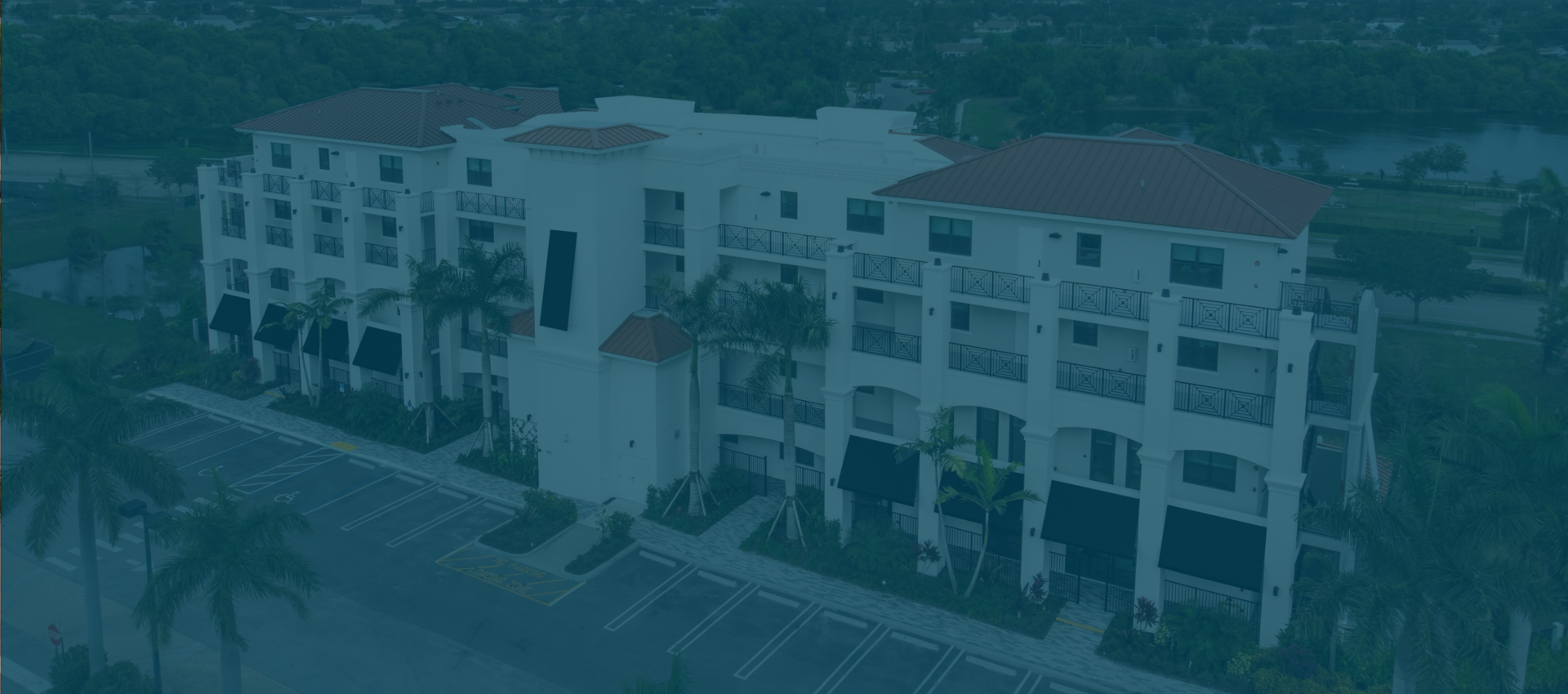
Explore Immersion Residential
Hear from our alumni
Hear stories of experience, strength, and hope from past Immersion Residential clients.
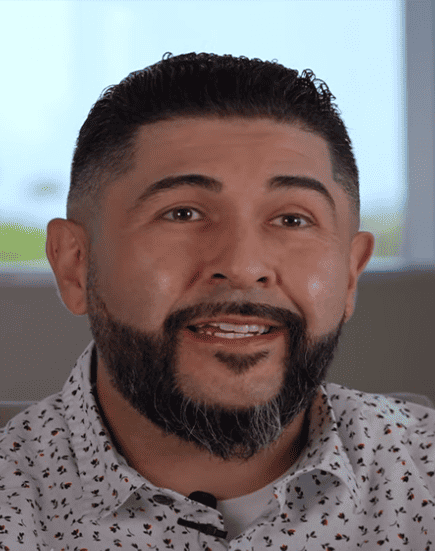
Eric’s Story
Immersion Recovery Center
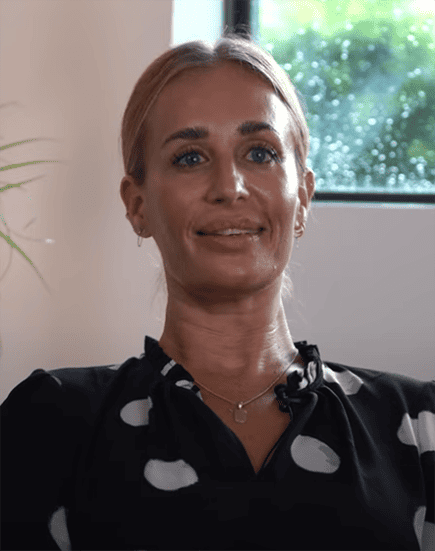
Leah’s Story
Immersion Recovery Center

Brett’s Story
Immersion Recovery Center
Frequently Asked Questions
We work with most major insurance providers. But the best way to verify your benefits is to reach out for a free, confidential, and no-obligation call. Our admissions team will speak with your insurer, obtain a detailed verification of your insurance benefits, and share those details with you. Unfortunately Medicaid and Medicare do not cover our facility.
Immersion Residential’s main office is located in Delray Beach, FL. Just down the road, in Boynton Beach, FL, is our detox and residential facility. We are just 15 minutes south of West Palm Beach, 30 minutes north of Ft. Lauderdale, and 45 minutes north of Miami.
Often, seeking treatment away from your home town or even out of state is the best option. The temptation to leave treatment early and relapse is much lower when you are physically separated from the people and places that are associated with your substance misuse.
Admission is quick and easy. Once you call our admissions team, one of our dedicated counselors will perform a pre-assessment over the phone. This takes about 10 minutes and ensures that Immersion Recovery Center is the best fit for you or your loved one. After the assessment, we verify insurance benefits (if any) and arrange a time for your intake. If you need a ride to the facility and are within a few hours from us, we will dispatch one of our drivers, and you will begin your recovery at our facility. It’s that easy.
Once admitted to our program, clients are encouraged to complete a Release of Information (ROI) form for friends, family, employers, etc. Due to HIPPA laws, we are not allowed to confirm or deny any client’s attendance at our facility without a signed ROI. These laws are in place to protect the privacy of those who are seeking help. If your loved one did not complete an ROI, we can take down your name and information as well as any message you have. If the person you need to contact is at our facility, we will relay the message as soon as possible.
We offer programs lengths individualized for each client. Generally detox is anywhere from 3 to 7 days and our extended recovery services can last anywhere from 1 week to 1 year. Our Three Phase program generally is about 3 to 6 months.
During detox, access to these devices is restricted. However, special arrangements can be made for individuals who need to conduct business or important personal matters. For clients who are self employed, we offer an executive program that allows for device access in certain cases during business hours.
We accept adults ages 18 or over.
While we strongly discourage leaving detox or residential care before treatment completion, we are not a lockdown facility. Clients are in our program voluntary and may leave when they want.
Clients who need to take off work to attend treatment may be eligible for the Family Medical Leave Act (FMLA). FMLA ensures that you will not be terminated while taking a leave of absence from work to attend treatment. Our admissions and case management staff can help with setting up any FMLA paperwork.
We offer optional private bedrooms on a first come first serve basis.
Yes. Tobacco products are allowed in designated areas within the facility. However, electronic cigarettes (vapes) are not permitted.
Absolutely. We understand that addiction affects the entire family system, and we encourage families to participate in their loved one’s treatment. To help families recover we also offer intervention services, case management, and family workshops.
Yes. We believe in complete and total confidentiality and privacy for all of our clients. We take extra measures to make sure we go above and beyond HIPAA and health privacy standards. If you are concerned about specific privacy requirements, reach out to learn more.
Immersion Residential detoxification and recovery cost is usually covered at least in part by health insurance. If you are uninsured or underinsured, Immersion Recovery Center can create a customized payment plan based on your individual needs and length of stay.
Since treatment is highly individualized, costs are extremely varied. The best way to determine how much you’ll pay for treatment is to reach out to an admissions rep, who can not only answer your questions but also verify insurance benefits or discuss payment options.
If you’re wondering if you or your loved one needs treatment, the answer is likely to be “yes.” However, the level of care can vary from outpatient therapy to the full complement of services starting with detox. Before admission into our program we offer a pre-assessment to determine if clients meet criteria for admissions to treatment. This assessment is the best place to start to help determine if you or a loved one needs care and what level of services might be most appropriate.
We offer medication-assisted treatment (MAT) as needed for specific substance misuse issues. Paired with therapy and supportive measures, MAT can reduce withdrawal symptoms and cravings and can help support long-term recovery for some substances. Additionally, regardless of the substance of misuse, various medications and supportive measures can be administered by our medical staff during detox.
